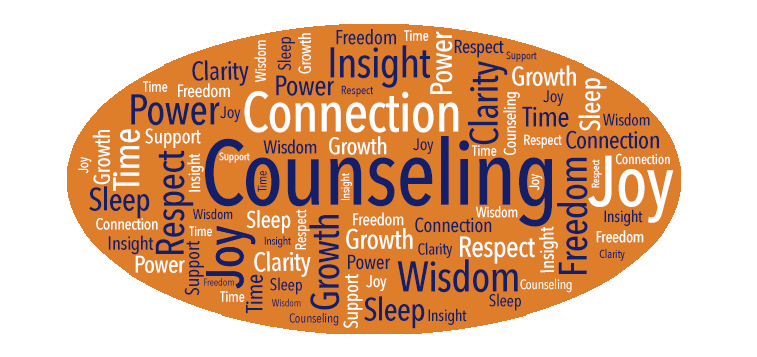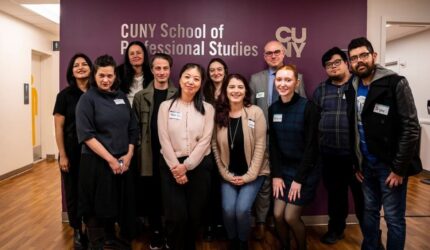
An online workshop hosted on February 3rd by the CUNY SPS Counseling Center focused on strategies for making the most out of online learning. The session, presented by clinical psychologist Thachell Tanis, PhD, covered common adjustment challenges, time management techniques, and methods for improving interpersonal effectiveness in an asynchronous learning environment. Attendees gained insights into self-direction, cognitive flexibility, and self-care strategies to enhance their academic success.
The transition to online learning presents unique challenges that require students to adapt to new academic environments, often without the one-on-one support that in-person classes can provide. This workshop aimed to help students identify “adjustment pains” and provide strategies to navigate them effectively.
Expectation vs. Reality
Tanis noted that “adjustment difficulties tend to arise when expectations don’t align with reality.”
Many students struggle with online learning challenges, particularly the lack of in-person interaction, which affects engagement and motivation. The flexibility of asynchronous learning is beneficial, but it can also create difficulties in time management and self-motivation.
Emotional and Social Challenges in Online Learning
According to Tanis, “students often report feelings of isolation in an online learning environment.”
Without in-person interactions, students may find it harder to form meaningful connections, leading to stress and miscommunication. The absence of physical classroom engagement can also make it difficult for students to gauge their professors’ expectations.
Cognitive Flexibility and Adaptation
Tanis explained that “being able to adjust our thoughts and behaviors helps us navigate unexpected situations.”
Students should assess their expectations and reflect on past experiences to develop resilience. Accepting change as part of the learning process can help reduce stress and improve adaptability in an online setting.
Time Management and Prioritization
Effective time management for online students is essential for balancing coursework, deadlines, and personal responsibilities. Tanis emphasized that “we can always earn more money, but we can never earn more hours in a day.”
She recommended practical strategies such as:
- Creating a semester roadmap to visualize major deadlines
- Using weekly planning tools to break down assignments
- Prioritizing daily tasks based on urgency and importance
Interpersonal Effectiveness in an Online Setting
A common challenge in online communication is the absence of non-verbal cues. Tanis pointed out that “missing non-verbal cues like tone and facial expressions can create misunderstandings.”
To improve communication, she advised students to:
- Ask clarifying questions in discussions
- Use email and group chats effectively
- Engage in proactive and professional communication
Mindful Noticing and Stress Management
Self-care is essential for maintaining focus and motivation. Tanis encouraged students to practice mindfulness, stating, “mindfulness allows us to attend to experiences in a way that improves how we relate to them.” Simple mindfulness techniques, such as deep breathing exercises and guided meditation, can help students stay present and reduce anxiety.
Building Social Connections
Tanis also highlighted the importance of staying socially connected: “Creating study groups or participating in student organizations can help bridge the social gap in online learning.” Forming relationships with classmates can enhance motivation, accountability, and overall well being.
SPS students can join the vibrant online community by checking out the various resources such as student clubs, student associations, volunteering, mentoring and employment opportunities.




